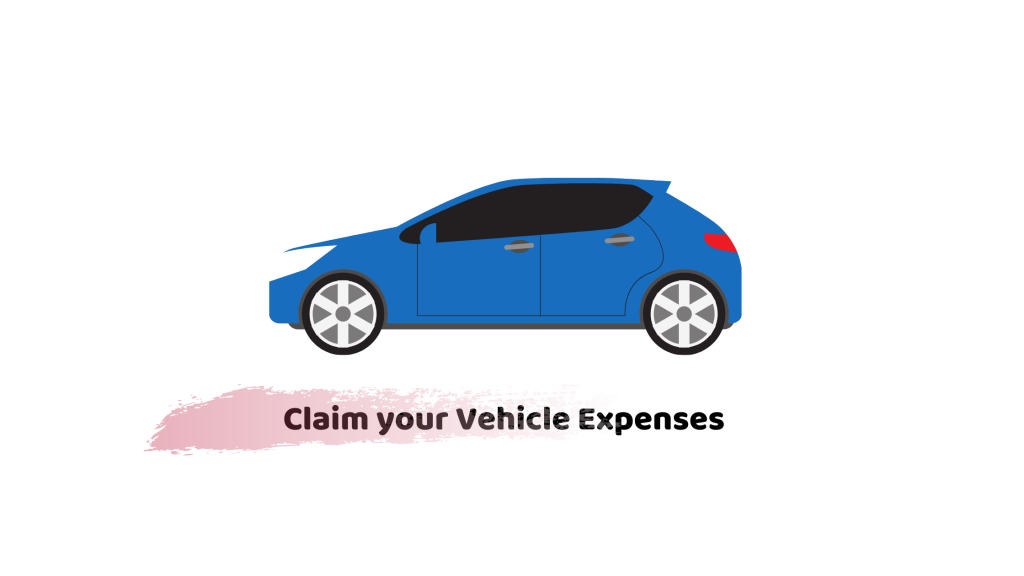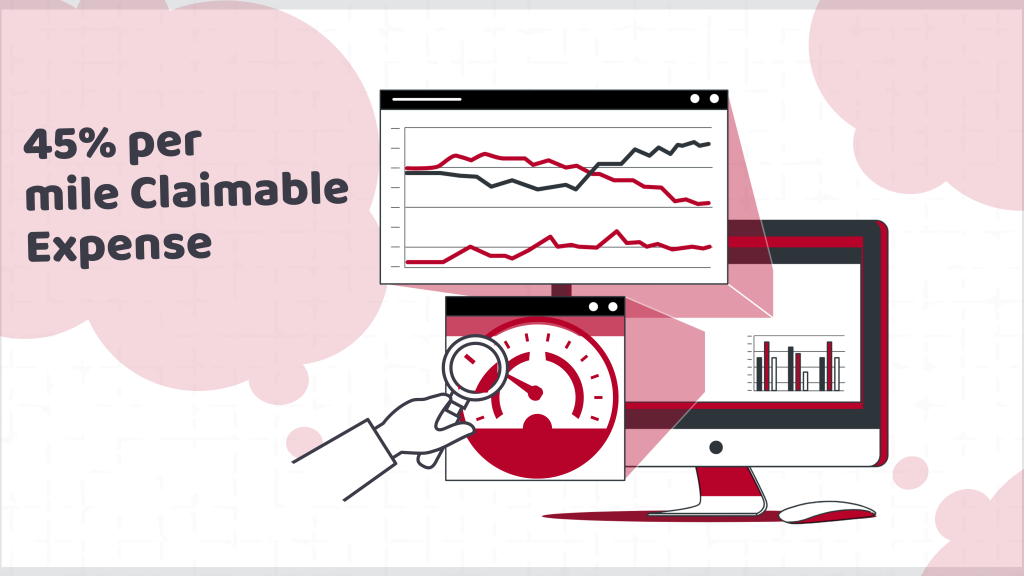You can claim car tax return if you are travelling for business purposes. Figuring out your eligibility can get confusing sometimes. You have to know accurate information about car mileage before submitting your self-assessment returns.
Let’s simplify the whole thing for you:
What are the mileage allowance rates for 2020?
As of now, the mileage allowance for cars and vans are fixed at 45p for up to 10,000 miles. If you are going over 10,000 miles, rates come down to 25p.
You can see the latest rates for bikes and motorcycles on HMRC’s advisory fuel rates.
How to claim mileage allowance?
If you are self-employed then you have to multiply the number of miles that you travelled at the flat rate. If you are not using flat rates then you can claim the overall number of the cost that you spend on purchasing, running and other expenses which involve fuel and insurance.
How can you claim VAT on mileage?
HMRC has a list of Advisory Fuel Rates (AFR). If you want to claim back the fuel that your employer has used then you have to go through the list to check the rates.
You can claim other things which include car insurance and other allowances through 45/25p tax mile allowance. You can claim back VAT on this. To determine the amount that you can claim back, you have to do a little work.
For 1401cc to 2000cc cars, the AFR is 14% per mile. You have to multiply this by 0.166 (20% VAT). Then divide the values by 120 (100% plus 20%) to determine pence per mile which will be 2.33%. You can claim back this amount in VAT.






















































